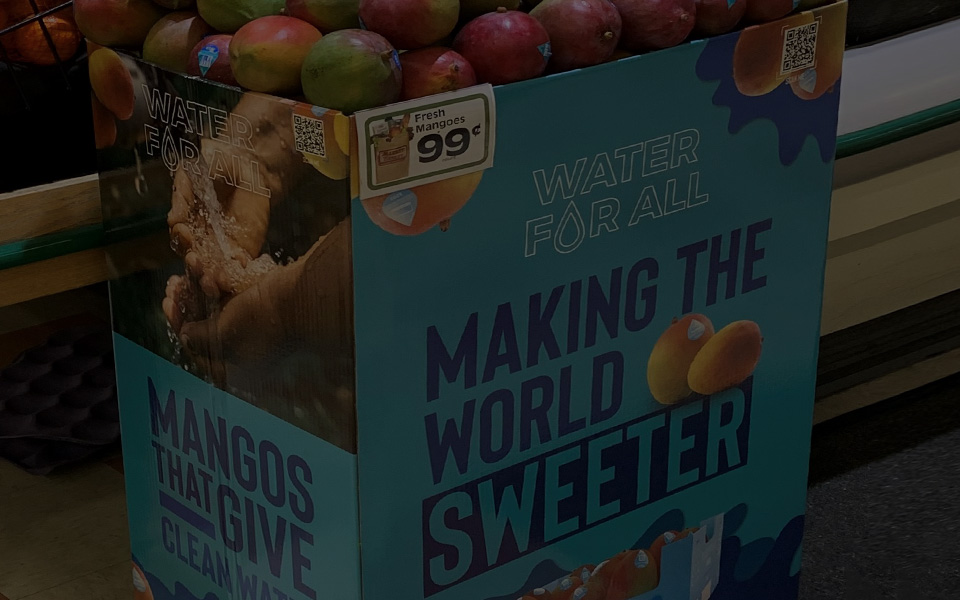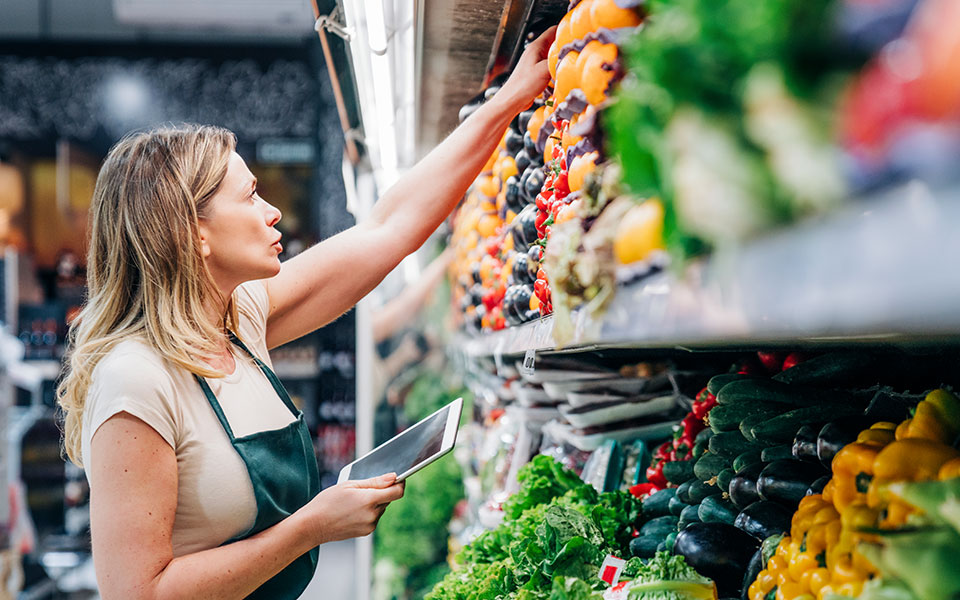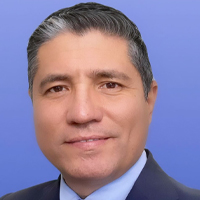*On June 1, 2023 Emerson’s Climate Technologies business became a new standalone company – Copeland. Though our name has changed, we are building on more than a century of HVACR innovation and industry leadership, and Copeland continues to offer the same products, industry stewardship, and learning opportunities you’ve grown to trust. Information found on this webpage posted before June 1, 2023 may contain our old name or branding, but you can be at ease knowing it was created with the knowledge and expertise of Copeland.
Demand for mangos in the U.S. is growing steadily. According to the National Mango Board, volume of the fruit more than doubled between 2005 and 2022, with sales increasing 12 percent over the past year. Although a small percentage of this demand is satisfied by growers in Florida and California, 99 percent of mangos consumed in the U.S. are imported, around 65.5 percent of which are shipped from Mexico.

In a recent case study featured in Fresh Fruit Portal, the critical importance of mangos was highlighted as the primary commodity handled by Continental Fresh. This Miami-based produce importer runs a year-round mango distribution operation from a warehouse in Edinburg, Texas, with peak volumes during the growing season from March to September.
Alberto Perez, Continental Fresh CEO, leads a small but expert quality control (QC) team. From the moment they purchase mangos freight on board (FOB) from various growers throughout Mexico, the QC team is responsible for ensuring freshness and quality. Customers rely on this team for their extensive import knowledge, regular market updates and forecasts to ensure that their products will be delivered on time and in peak condition.
Visibility is critical to shipment integrity
Maximizing mango freshness requires keeping track of shipping locations and arrival times while maintaining consistent refrigerated container temperatures between 48–50 °F. Depending on the grower’s location in Mexico, mango shipments can take up to four days to travel to the Texas warehouse — with load values that can reach $25,000. But these shipments can face many potential challenges that put freshness, quality and customer satisfaction in harm’s way, including:
- Drivers turning off refrigeration to save fuel
- Trucks deviating from established routes
- Stolen or compromised cargo
- Border inspections holding up or delaying deliveries
Once the produce arrives in Texas, it must be distributed to Continental Fresh’s retail and wholesale customers throughout the U.S., with many of the same in-transit quality risks.
For the first decade of its operation, the QC team relied mainly on pulp temperatures and visual inspections to check mango quality. But without the ability to track location, temperature and security, Perez and his team were working with limited information.
“We were unable to tell if temperatures had been altered during transport or see where shipments were in real time,” he said.
What’s more, if shipments were rejected or insurance claims filed, the Continental Fresh team lacked the data insights to properly identify the root causes or protect themselves from taking a loss.
The solution: Real-time tracking and temperature monitoring
Continental Fresh’s import and domestic shipments are now equipped with Copeland (formerly Emerson’s Climate Technologies business) tracking devices, which feed into the cloud-based Oversight software platform to provide real-time visibility into shipment locations and temperatures. The devices also provide a recorded history of the data captured with each shipment, which the QC team can access and share with other stakeholders as needed.
Since the implementation of the monitoring and tracking solution in 2019, the company has been able to significantly upgrade service levels to its U.S. customers. Among the most important benefits is their ability to provide accurate estimated times of arrival (ETAs). The QC team can even send screenshots from the Oversight platform to provide proof of a shipment’s current location. The team can also see when temperatures are drifting outside the specified range and quickly contact the drivers or their trucking companies to correct the issue.
An insurance policy that pays dividends
According to Perez, the impact of the tracking and temperature monitoring program has “been an incredible improvement to Continental Fresh’s business.” The QC team can check the pulp temperatures when a shipment is loaded and then validate that the perishable produce stays within the specified range throughout the cold chain journey to customers.
Perez said that every year, there are a few instances where the trackers have saved them money and protected their reputation. He recalled one high-value shipment where a $25,000 load of mangos traveled for four days through Mexico to the warehouse in Texas. Although the fruit arrived at the correct temperature, it had the appearance of ripening much more than was typically expected.
“When we reviewed the tracker’s shipment record, we could see that the driver’s refrigeration unit had been broken for 36 hours, allowing the temperature to rise above 70 °F,” he said.
The shipment record showed that the driver turned the refrigeration temperature down to 36 °F for the last day prior to arriving in Texas, in order to pull the mangos’ temperature back down to 49 °F.
“Without the Copeland tracker, we would never have discovered the ordeal the fruit had been through,” he said. “This was a clear-cut error by the trucking company, and we were paid in full.”
In addition to protecting mango shipments from Mexico to the U.S., Perez said that the company has integrated Copeland GO real-time trackers when shipping various types of fresh produce — from multiple countries and in numerous points of entry.
To learn more about how Oversight cargo software and services can help you protect your valuable cargo, visit the Oversight Software and Services page here.

8 proven strategies for rigorous cold chain management
Preparing for the approval and safe use of A2Ls in commercial refrigeration applications...
Protection for high-value shipments just got even better
We’re excited to announce the release of Copeland’s newest real-time tracker, the GO Real-Time...

Three proven strategies to prevent cargo theft
The over-the-road (OTR) transport industry is experiencing a surge in cargo thefts. As thieves...
